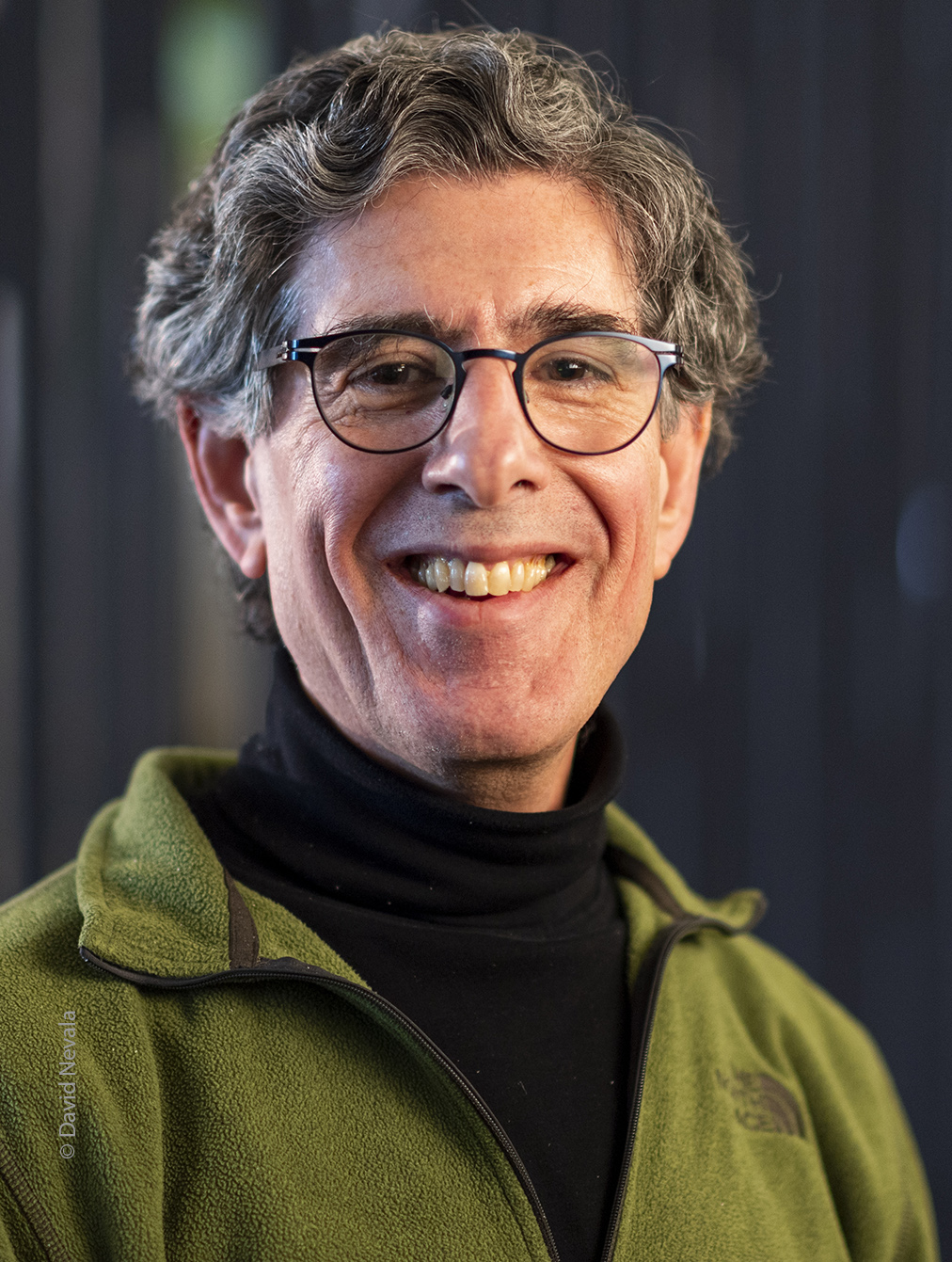
Wendy Dean, M.D.
CEO & Co-Founder, The Moral Injury of Healthcare
Wendy Dean, MD introduced the term Moral Injury into the discussion of healthcare workers’ stress. Moral injury is when healthcare professionals are asked to violate their judgment in service to the financial needs of hospitals, insurers and government thus making clinicians unable to provide high-quality care. Dr. Dean is the President and co-founder of The Moral Injury of Healthcare, a nonprofit organization addressing the crisis of clinician distress.
A psychiatrist by training, Dr. Dean left clinical medicine when generating revenue crowded out the patient-centered priorities in her practice. Her focus since has been on finding innovative ways to make medicine better for both patients and healthcare professionals-technologically, ethically, and systemically. Dr. Dean’s expertise is widely sought on Moral Injury in healthcare, women’s leadership, government healthcare investment strategy, medical product development, clinical practice, research oversight, and the ethics of medical innovations.
Dr. Wendy Dean along with Moral Injury of Healthcare is changing the language and the approach to clinician distress in healthcare and was the first to apply the term - Moral Injury in the US National Library of Medicine NIH and STAT article. Moral Injury can be described as a deep soul wound that affects a person’s identity, sense of morality, and relationship to society thus making clinicians unable to provide high-quality care. Moral Injury is often misdiagnosed as a burnout, but Moral Injury offers a broader understanding. Burnout suggests a health professional is at fault for their emotional state: they aren’t resilient enough, and that they need to learn to recover better. Moral Injury suggests something larger is at play. The consequences of this terminology and mindset change are immense, as we learn that hospital dynamics, insurance, litigation, electronic medical records, and policy must evolve in order for health professionals to thrive.
Dr. Dean has worked in research funding oversight for the Department of Defense and as an executive for a large non-profit supporting military medical research at Henry M. Jackson Foundation for the Advancement of Military Medicine. As a senior vice president, Dr. Dean was responsible for 2300 staff supporting military medical research throughout the world and worked on simultaneous implementation of human resources information system and customer relations management software platforms.
She has participated in efforts sponsored by the White House Office of Science and Technology Policy, the Biomedical Advanced Research Development Agency, DARPA, NASA, the Uniformed Services University of the Health Sciences, and others. As Medical Advisor at Tissue Injury and Regenerative Medicine Program Management Office for the US Army Medical Research and Materiel Command Dr. Dean was in-charge of product development oversight and was a subject matter expert from the preparation of regulatory submission through FDA licensing for a $300M portfolio of Department of Defense (DoD) funded regenerative medicine research programs.
Dr. Dean graduated from Smith College and the University of Massachusetts Medical School. She did her residency training at Dartmouth Hitchcock Medical Center in Hanover, NH.
Topics
Videos
Books
Articles
Podcasts
Testimonials
Request Availability
Download Bio
Physicians & Other Providers
Health Innovation
Wellness & Mental Health
Related speakers
No related speakers.





















